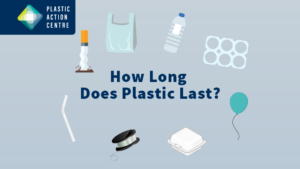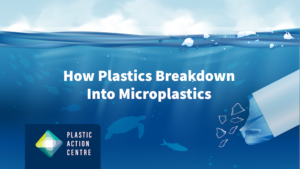- Plastic Pollution
- Infographics
- International
- National
22 tonnes of ghost gear to be retrieved from Canada’s richest fishing grounds
Rope recycling bins are coming to select harbours in southwest Nova Scotia as part of an ambitious project to remove up to 22 tonnes of ghost fishing gear — including 2,000 trash lobster traps — over the next two years.
The $432,000 project led by the conservation group Coastal Action will use fishermen in Canada’s most lucrative inshore fishing grounds to retrieve lost rope, buoys and traps.
It’s one of 26 projects across Canada sharing $8.3 million from the Department of Fisheries and Oceans to remove ghost gear.
The project involves a wide range of partners, including fishing captains in lobster fishing areas 33, 34 and 35 in southwestern Nova Scotia and the Bay of Fundy, two laboratories at Dalhousie University, the Ocean Tracking Network and the municipal waste recycling company, Sustane Technologies Inc.
Using local information from fishermen and the Department of Fisheries and Oceans, the Ocean Tracking Network will deploy sidescan sonar to find the biggest concentrations of ghost gear on the ocean floor.
Sustane Technologies of Chester, N.S., will try to convert the rope into synthetic diesel.
“Marine debris, regardless of its source, pollutes the marine environment. It degrades habitat and ultimately we should be trying to reduce it in any capacity possible,” said Alexa Goodman, project co-ordinator for Coastal Action.



